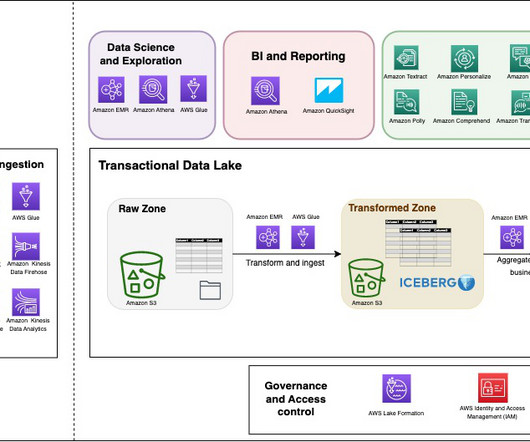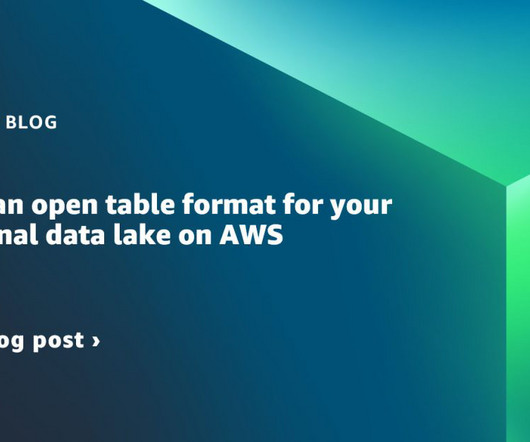Salesforce debuts Zero Copy Partner Network to ease data integration
CIO Business Intelligence
APRIL 25, 2024
,” said Tyler Carlson, VP of business development and strategic partnerships at Salesforce. Currently, a handful of startups offer “reverse” extract, transform, and load (ETL), in which they copy data from a customer’s data warehouse or data platform back into systems of engagement where business users do their work.























Let's personalize your content